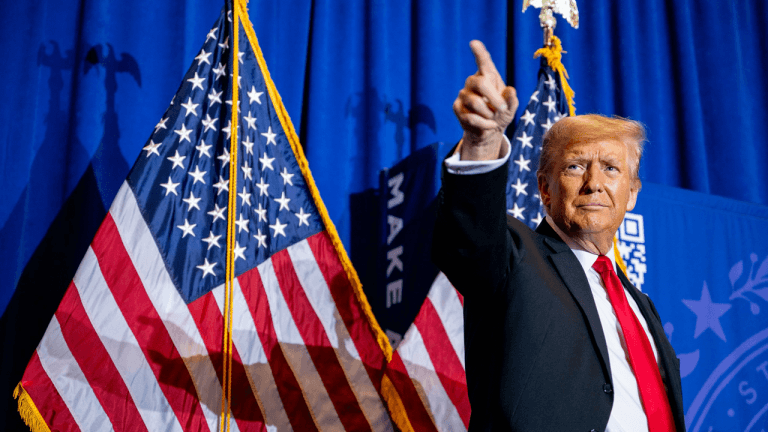
Juan Agustín D’Attellis Noguera publicly supported Sergio Massa in promoting a central bank digital currency as a remedy for the national economy.
Juan Agustín D’Attellis Noguera, a director of Banco Central de la República Argentina, the country’s central bank, publicly supported the Minister of Economy Sergio Massa in his promotion of central bank digital currency (CBDC) as a remedy for the national economy.
Giving commentary on local television, Noguera expressed his belief that the “digital peso” could help stabilize the Argentine economy as soon as 2024. In the official’s opinion, the key feature of the CBDC is its traceability, which would help the government to collect taxes:
“By having traceability of operations with a digital currency because it is not known who does them, but there is evidence that they were done, you broaden the tax base. This will allow you to raise more without having to raise taxes and even lower them.”
The CBDC will also help to solve the nation’s monetary problem, as the unstable local currency, the Argentine peso, often competes with the United States dollar even as a payment method, according to Noguera.
Related: Buenos Aires to issue blockchain-based digital ID
Noguera spoke about the digital peso in a very definite manner, assuring that the CBDC would be introduced gradually, coexisting with cash, with a complete replacement of paper fiat currency happening at the final stage of the project.
On Oct. 2, Massa, who is also a presidential candidate, pledged to launch a CBDC if elected to “solve” Argentina’s long-lasting inflation crisis. According to election polls, Massa is slightly trailing Javier Milei, a pro-Bitcoin (BTC) and anti-central bank candidate who wants to adopt the U.S. dollar as Argentina’s currency.









